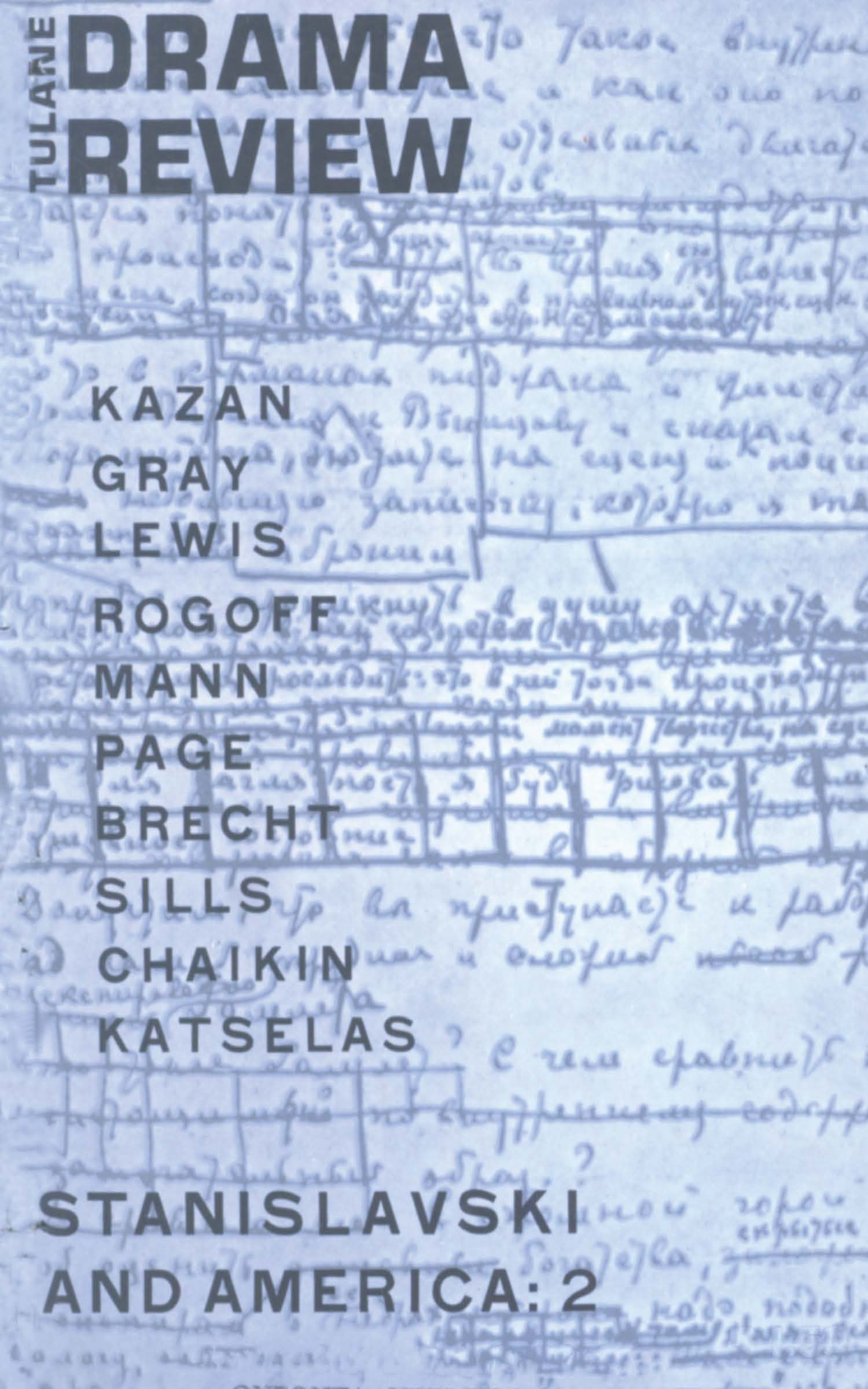Article contents
Green Grow the Lyrics
Published online by Cambridge University Press: 03 February 2022
Extract
Musical comedy seemed for so long to be nothing but noisily sexy entertainment for an off evening that it is difficult even yet to get anyone to give it a really serious thought. Sophisticated theatergoers who have a taste for it seem to feel they must apologize for that taste as a kind of secret unsophisticated vice—like catsup on French fries—which they somehow never have managed to outgrow. They note by way of justification that in the past fifteen years the orchestras are less brassy, the plots less farcical, the ballets more adult and integral parts of the story, that the lyrics are cleverly sophisticated, that the scores have some catchy tunes. But in so doing, they miss the outstanding development of the musical in the past fifteen years or so—the development of a twentieth century dramatic poetry, a lyricism which appeals to sophisticated and unsophisticated alike, a lyricism which seemed impossible to combine with the realism developed by the 1920’s.
- Type
- Research Article
- Information
- Copyright
- Copyright © 1958 The Tulane Drama Review
- 1
- Cited by


